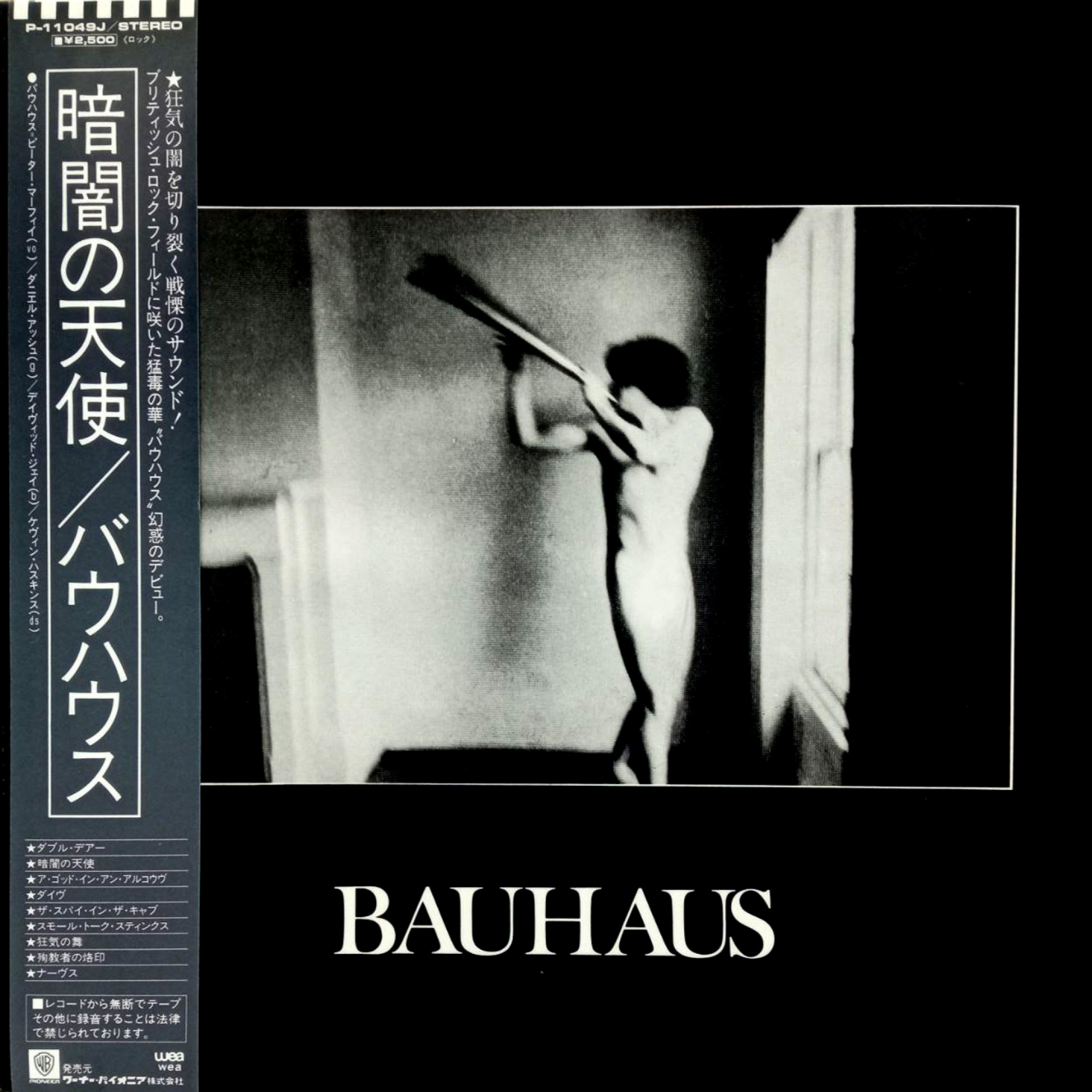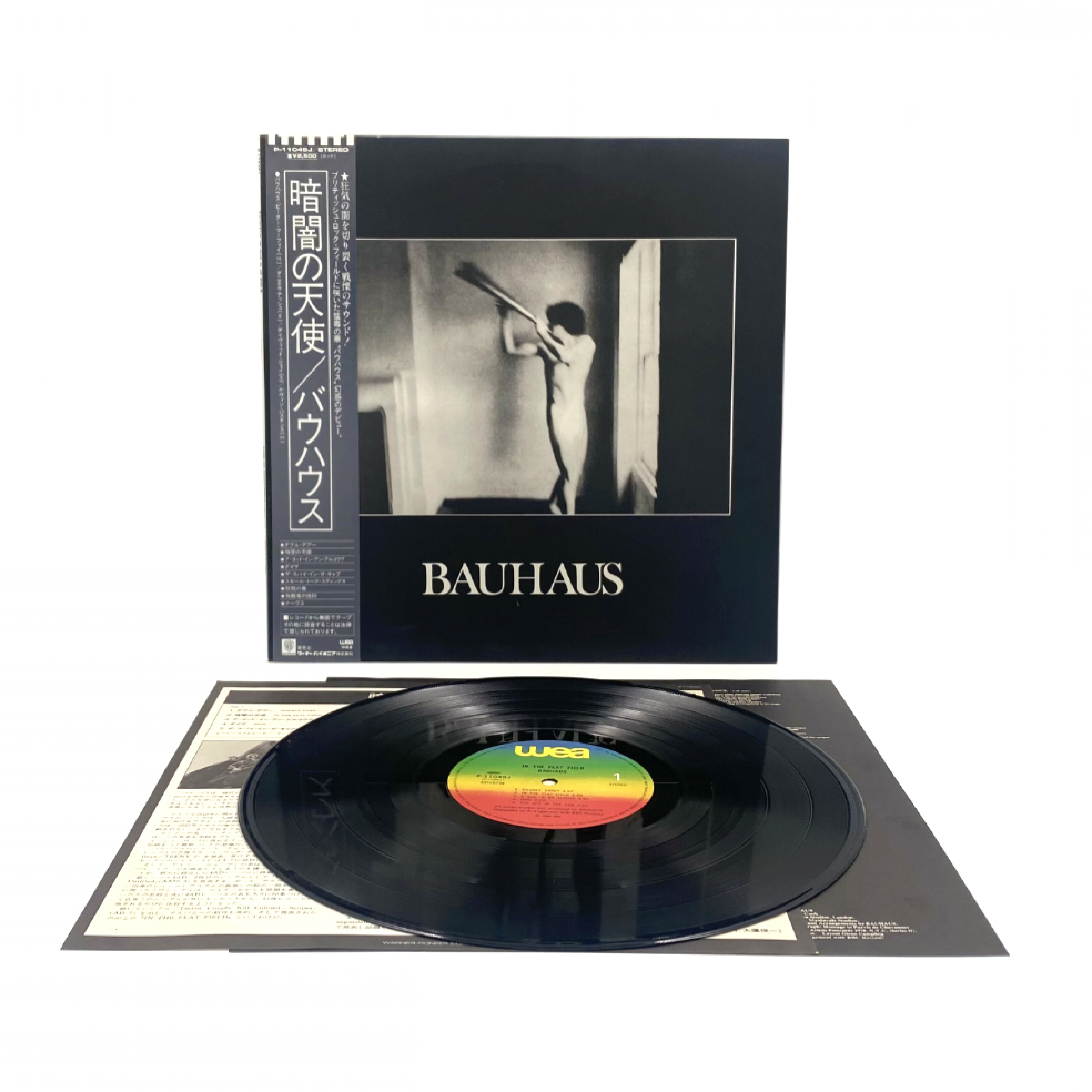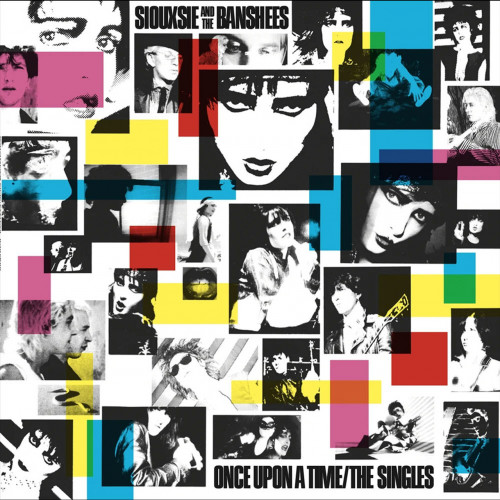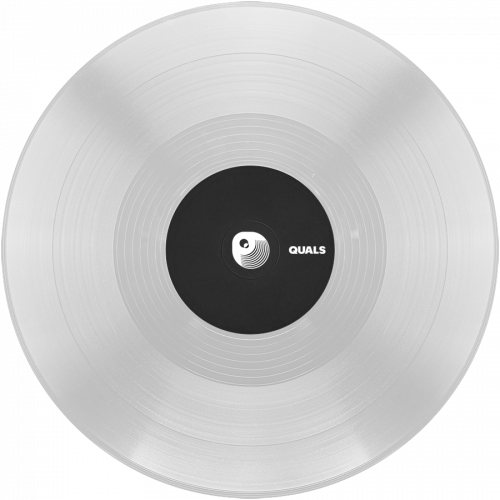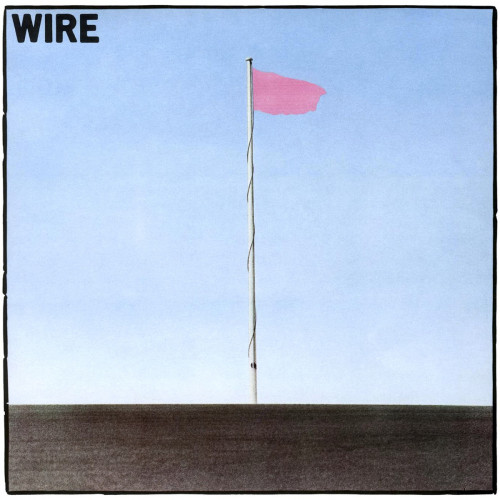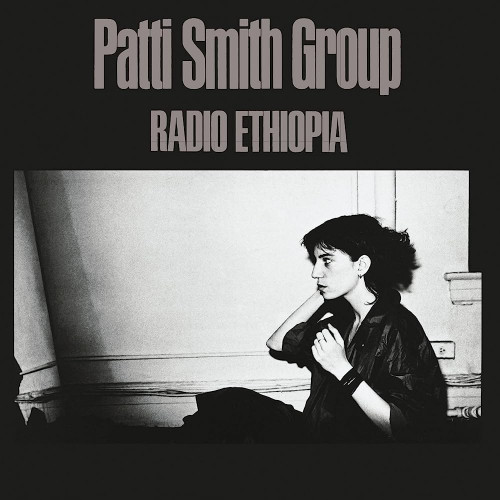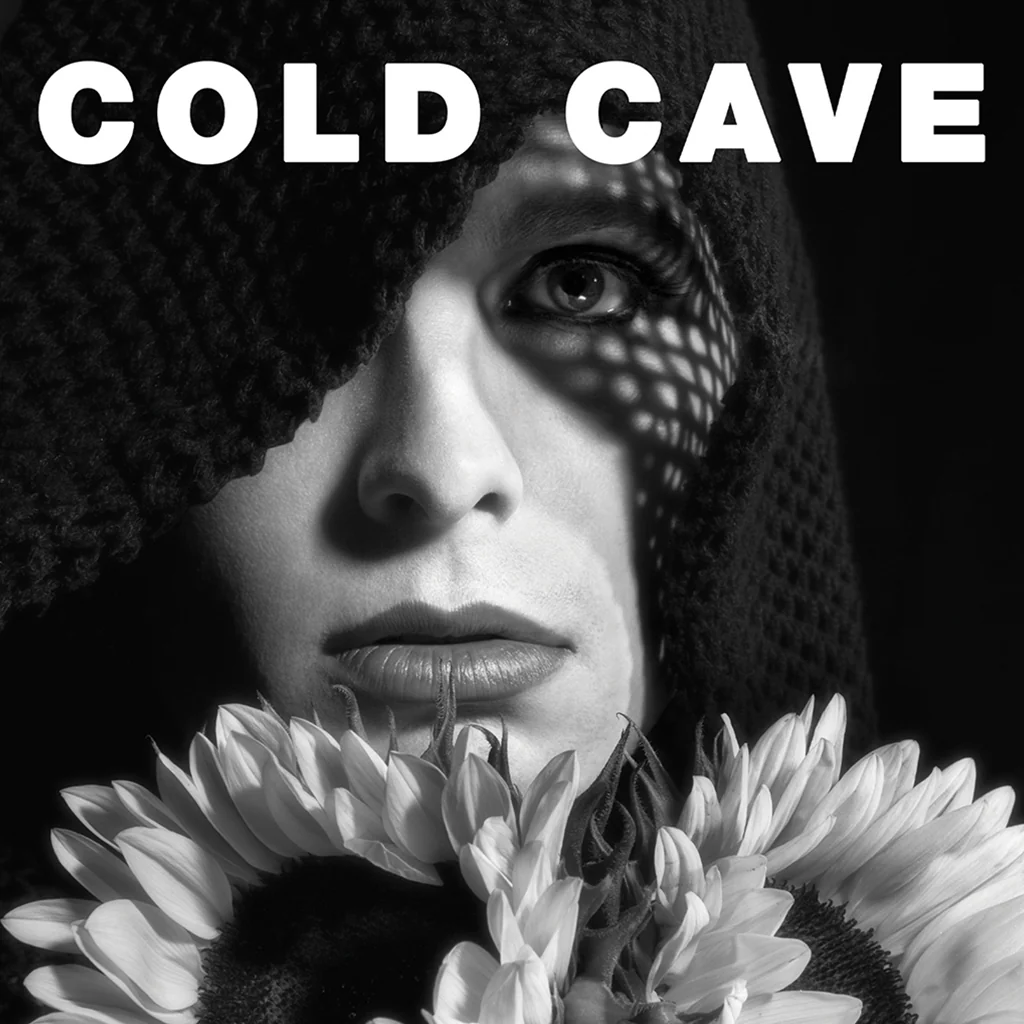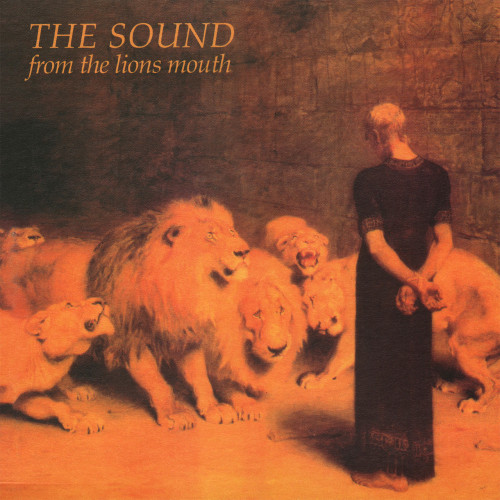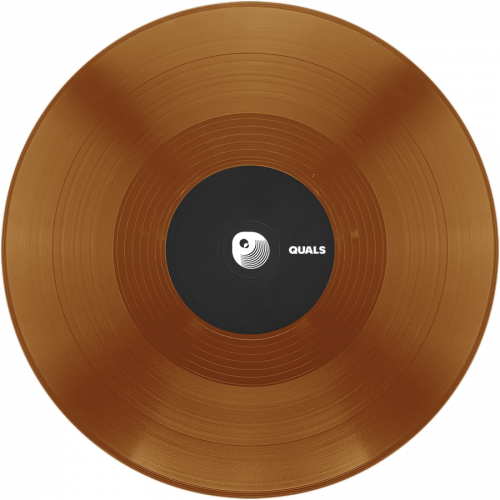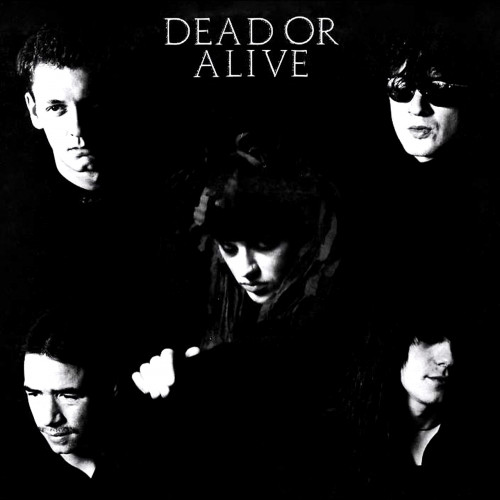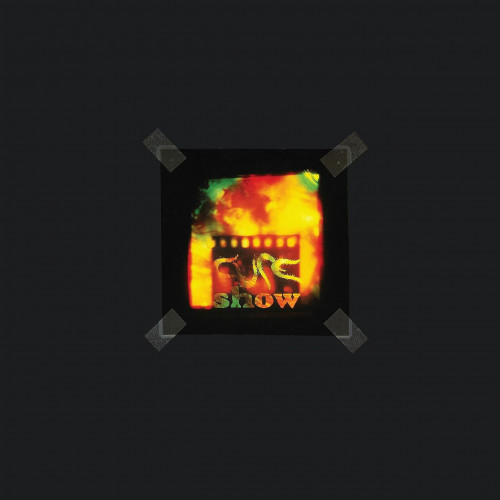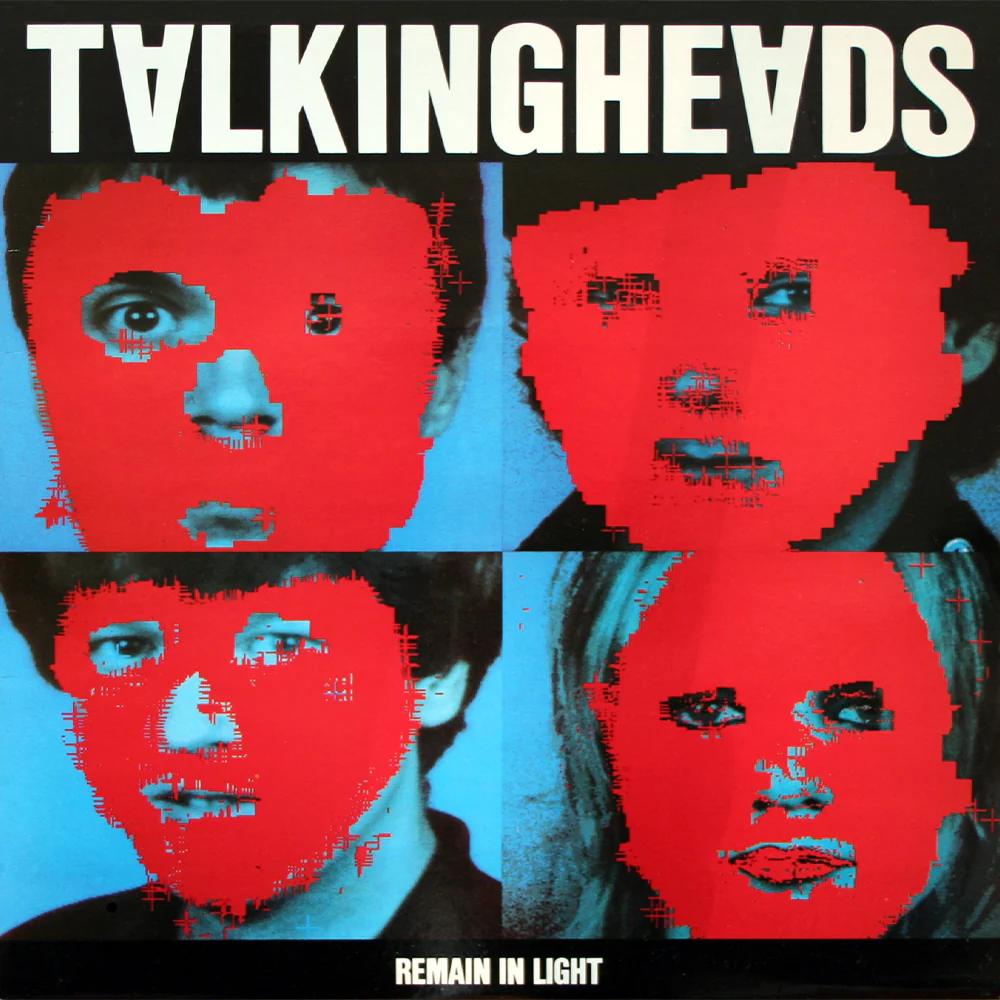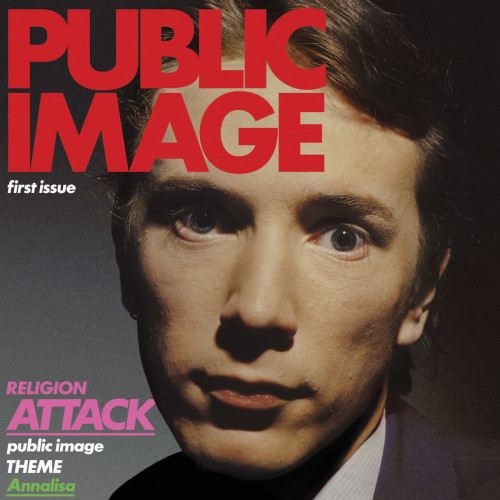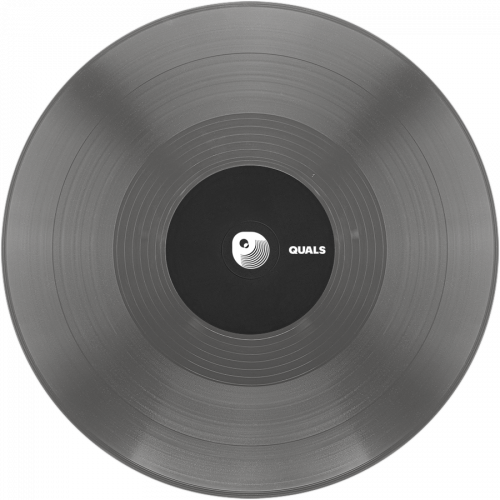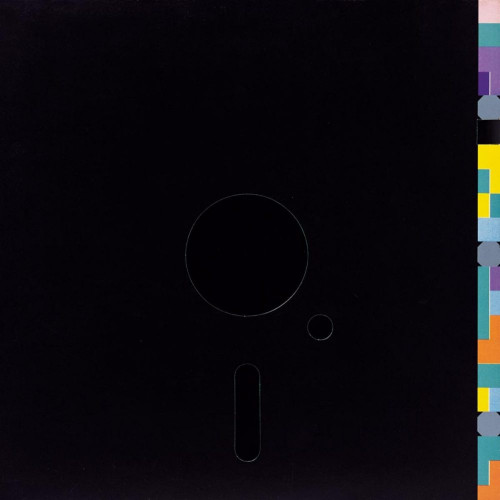Few debut
albums ever arrived so nearly perfectly formed; that In the Flat Field
practically single-handedly invented what remains for many as the stereotype of
goth music - wracked, at times spindly vocals about despair and desolation of
many kinds, sung over mysterious and moody music - demonstrates the sui generis
power of both the band and its work. This said, perhaps the best thing about
the album isn't what it's supposed to sound like, but what it actually does -
an awesomely powerful, glam-inspired rock band firing on all fours, capable of
restraint and complete overdrive both, fronted by a charismatic, storming
frontman. Starting with the challenging angst of "Double Dare," with
shattering guitar over a curious but fierce stop-start rhythm while Murphy
rages ever more strongly over the top, In the Flat Field contains a wide
variety of inspirations and ideas. The astonishingly precise rhythm section of
David J and Haskins pulls off a variety of jaw-dropping performances, including
the high-paced tension of the title track and the brooding crawl from "Spy
in the Cab." Ash, much like his longtime hero Mick Ronson, turns out to be
a master of turning relatively simple guitar parts into apocalyptic explosions,
from the background fills on "St. Vitus Dance" to the brutal
descending chords of "Stigmata Martyr." Murphy, meanwhile, channels
as much Iggy Pop as he does Bowie, proving to be no simple copyist of either,
able to both maniacally sing-shout and take a somewhat lighter touch
throughout. Concluding with the seven-minute "Nerves," an aptly
titled piece that alternates between understated energy and unleashed power
toward a dramatic ending, In the Flat Field started off Bauhaus' album career
with a near-perfect bang.
Ned Raggett. AllMusic.com
